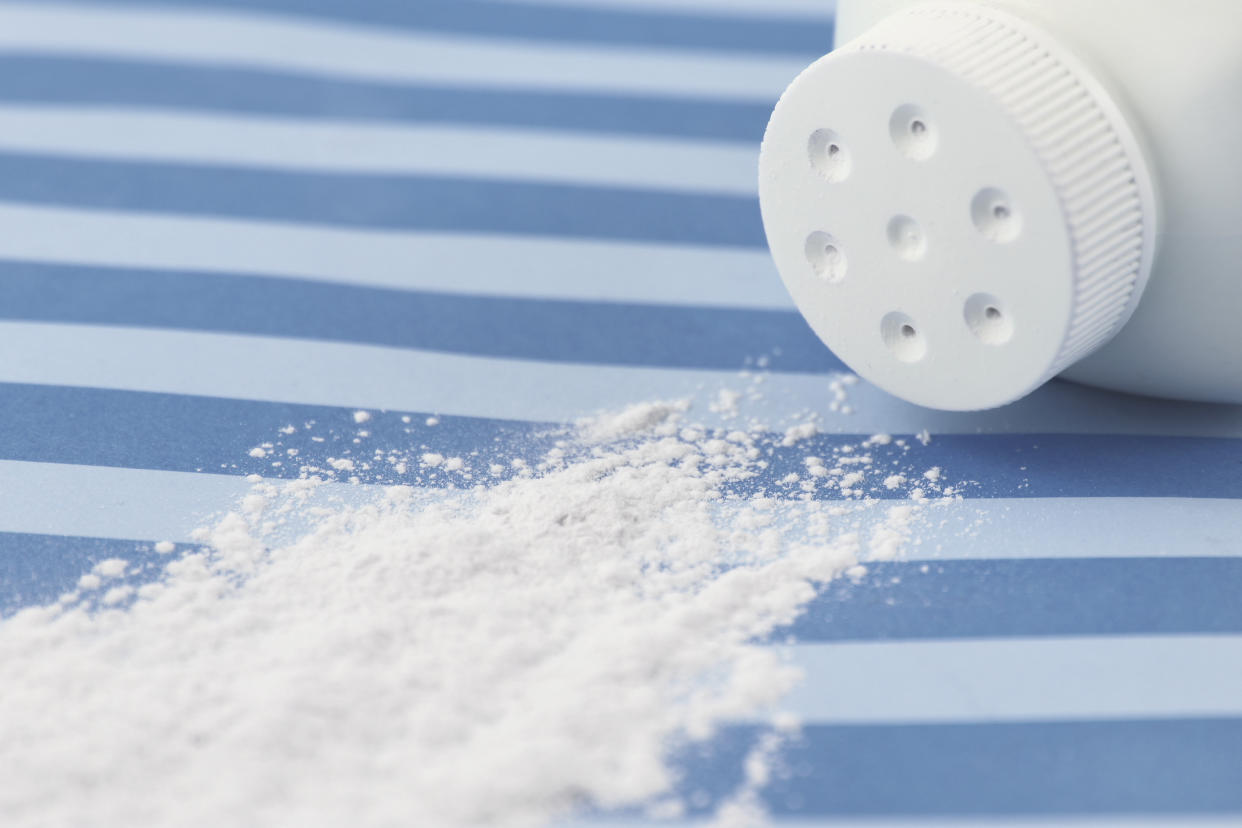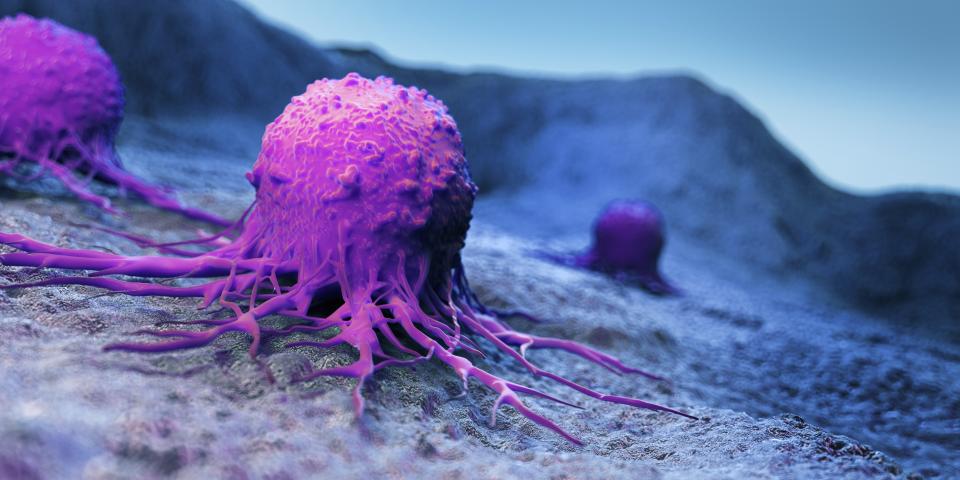Link between talcum powder and ovarian cancer up in the air

New research throws the link between talcum powder and ovarian cancer up in the air.
Pharma giant Johnson & Johnson was ordered to pay $4.7bn (£3.5bn) in damages to 22 women last year after they alleged its talc products caused them to develop the disease, the BBC reported.
J&J denied the claims, insisting its products were safe.
READ MORE: What you need to know about talc
To better understand the potential risks of talcum powder, scientists from the National Institute of Environmental Health Sciences in North Carolina asked more than 252,000 women if they applied it to their genitals.
Compared to those who never used talcum powder, those who did so “frequently” were 9% more likely to develop ovarian cancer over the next 11 years.
This was not statistically significant, which the scientists claim may be due to the study being too small to find an effect.
Other experts, however, state this outcome could be evidence of talcum powder’s safety.
Talcum powder has been used by women for decades to absorb unpleasant odours and excess moisture “down there”.
It typically contains the mineral talc, which is often mined in asbestos-infested areas. This is what initially triggered cancer concerns, the scientists wrote in the journal JAMA.
Despite US talc manufacturers agreeing to ban asbestos from their products in 1976, the International Agency for Research on Cancer maintained they still “possibly” cause malignant tumours.
Ovarian cancer affected around 7,470 new women between 2014 and 2016 in the UK, Cancer Research UK statistics show.
In the US, some 2,530 women are thought to have been diagnosed last year, according to the American Cancer Society.
READ MORE: Concerns over talcum powder causing ovarian cancer
Studies investigating the link between talcum powder use and ovarian cancer have thrown up mixed results.
To learn more, the North Carolina scientists analysed four studies with a total of 252,745 women.
The participants were asked whether, and how often, they applied talcum powder “down there”.
Thirty eight per cent reported “use of powder in the genital area”, of which 22% claimed frequent use and 10% admitted to using it long term.
Years later, cancer diagnoses were confirmed via medical records.
While the study’s main finding did not reach statistical significance, others did.
Among women who had not had a hysterectomy, “ever users” were 13% more likely to develop the disease than non-users.
“Frequent” users with “intact reproductive tracts” were 19% more at risk than their counterparts who never used talc, the results show.

How could talcum powder cause ovarian cancer?
Despite asbestos being banned from talc, some products may have contained the cancer-causing substance after 1976, the scientists wrote.
It is thought to be taken up into the vagina, through the cervix and womb, and then into the ovaries.
Removal of the womb in a hysterectomy may prevent the powder reaching ovarian tissue, the scientists wrote.
Asbestos aside, talcum powder itself may irritate ovarian tissue, triggering inflammation that could end up being cancerous.
Inflammation-causing conditions like pelvic inflammatory disease and chlamydia have previously been linked to ovarian tumours.
READ MORE: Johnson & Johnson Wins New Trial In Talc Case
Writing in a linked editorial, Dr Dana Gossett - from the University of California, San Fransisco - called for larger, longer studies investigating the link between talcum powder and ovarian cancer.
Yet, with the product’s use on the decline, she adds this “may not be feasible”.
“Nonetheless, the rigorously conducted study contributes important and timely data about the potential link between use of powder in the genital area and risk of ovarian cancer,” Dr Gossett added.
Not all experts are convinced, however.
“This research is robust, analysing data from 250,000 women followed for an average of over 11 years, and concluded there is no statistically significant relationship between talc use and the development of ovarian cancer,” Professor Iain McNeish, from Imperial College London, said.
Professor Justin Stebbing, also from Imperial, added: “A very well conducted rigorous investigation pooled results from four studies in over 250,000 women, to show talcum powder didn't cause ovarian cancer.
“There weren't many cases of ovarian cancer in the group so it's possible a small effect has been missed, but it doesn't look like talc is a carcinogen which is an important and reassuring finding, especially as they also looked at duration and frequency of use, again finding no causative effects.”
